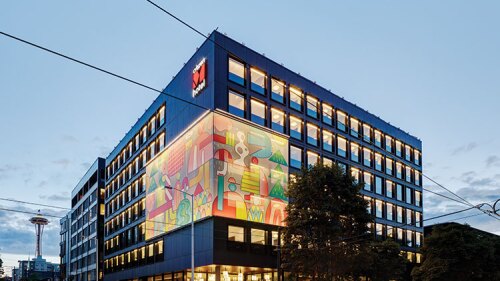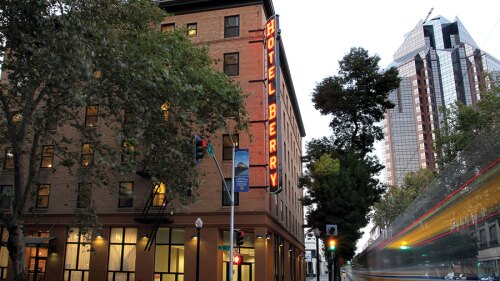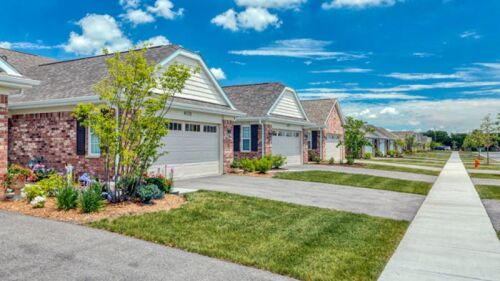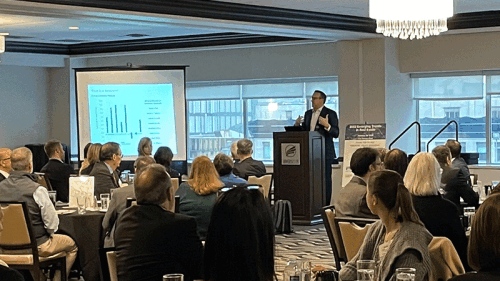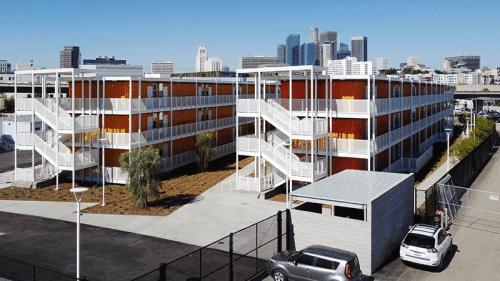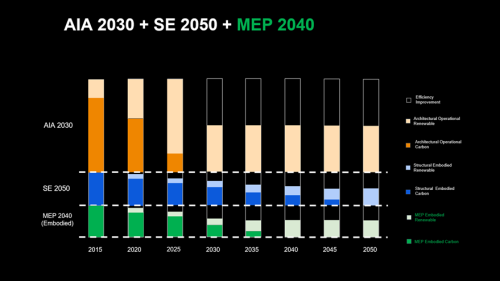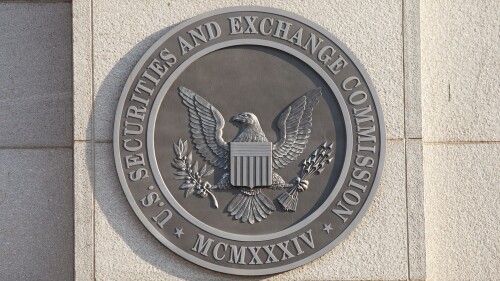Topics
Capital Markets and Finance
Commercial and multifamily mortgage originators anticipate 2022 will be another strong year of borrowing and lending, according to the Mortgage Bankers Association’s 2022 Commercial Real Estate Finance Outlook Survey. Every commercial/multifamily firm polled expects originations to increase in 2022, with almost two-thirds (63 percent) expecting an overall increase of 5 percent or more across the entire market.
Dealmakers and capital providers seemed thrilled with the overall state of the U.S. commercial real estate industry at the ULI/McCoy Symposium on Real Estate Finance, an invitation-only discussion held in early December 2021 in New York City.
Hong Kong, Singapore, and Japan are expected to recover swiftly from pandemic shocks over the next three years, according to ULI Real Estate Economic Forecast for the Asia Pacific region covering 2021 to 2023.
Design & Planning
These 10 hotels embody environmental sensitivity plus energy and water efficiency.
Pandemic travel bans shut down many old, obsolete hotels for good. Now, investors are creating new product—from temporary shelter to affordable and market-rate housing.
Sponsored Content:The old adage, “Leave it better than you found it,” is central to Hilco Redevelopment Partners’ vision of transforming old, run-down areas and making the economy, environment, and community more sustainable.
Development and Construction
In a market that has been disrupted by rising interest rates and unsteady financial markets, single-family rental investors and developers have not lost sight of the bigger picture. Demand for housing still exceeds supply.
Despite uncertainty for 2023, participants in a ULI Pittsburgh event in January said converting 18 to 20 buildings would transform the downtown.
In high-cost markets such as Los Angeles, modular construction is reducing the average cost per unit by more than 50 percent, in addition to higher retention for the workers assembling the units off site.
Resilience and Sustainability
ULI Joins MEP 2040 Including Mechanical, Electrical, and Plumbing Systems in the Journey to Net Zero
ULI is proud to announce that we have joined MEP 2040 as a supporting organization. MEP 2040 is a movement to radically reduce total carbon emissions associated with Mechanical, Electrical, and Plumbing (MEP) systems through collective action. “The embodied carbon associated with MEP systems is a burgeoning topic in real estate ESG. ULI is proud to support MEP2040 in its efforts to radically reduce total carbon emissions associated with building systems. We applaud the work of MEP engineering and design firms who have made the MEP2040 commitment and urge the broader industry to join the movement and advance real estate’s journey to net zero,” said Marta Schantz, co-executive director of ULI’s Randall Lewis Center for Sustainability in Real Estate.
Last week, the U.S. Securities and Exchange Commission issued new rules requiring public companies to enhance and standardize climate-related disclosures. The rules phase in over time, requiring the largest companies or public investor shares to begin making climate risk disclosures in 2025.
Arizona is at the epicenter of an evolving dynamic that can best be described with a phrase uttered by a panelist at ULI Arizona’s Trends Day 2024—disruption equals opportunity.
Issues and Trends
Third edition evaluates top 30 global powerhouses report reveals world’s leading urban hubs rise in popularity post pandemic. Challenges include new economic conditions, rising costs, adaptation to hybrid work, innovation gaps, the climate imperative, and transition to social, mixed-use districts.
Guy Kawasaki—chief evangelist at Canva, former chief evangelist for Apple, and bestselling author—summed up insights gleaned from his years in tech and as host of the Remarkable People podcast, interviewing such luminaries as Margaret Atwood, Tony Fauci, Jane Goodall, and Steve Wozniak.
As congregations across North America grapple with shrinking membership and aging facilities, a new opportunity is emerging: transforming faith-owned land into affordable housing and community-serving spaces. At the 2025 ULI Fall Meeting in San Francisco, panelists in the session “Spiritual Brownfields: Declining Congregations and Opportunities for Housing on Faith-Owned Land” explored how churches and developers are partnering to bring mission-driven housing to underused sacred sites.


